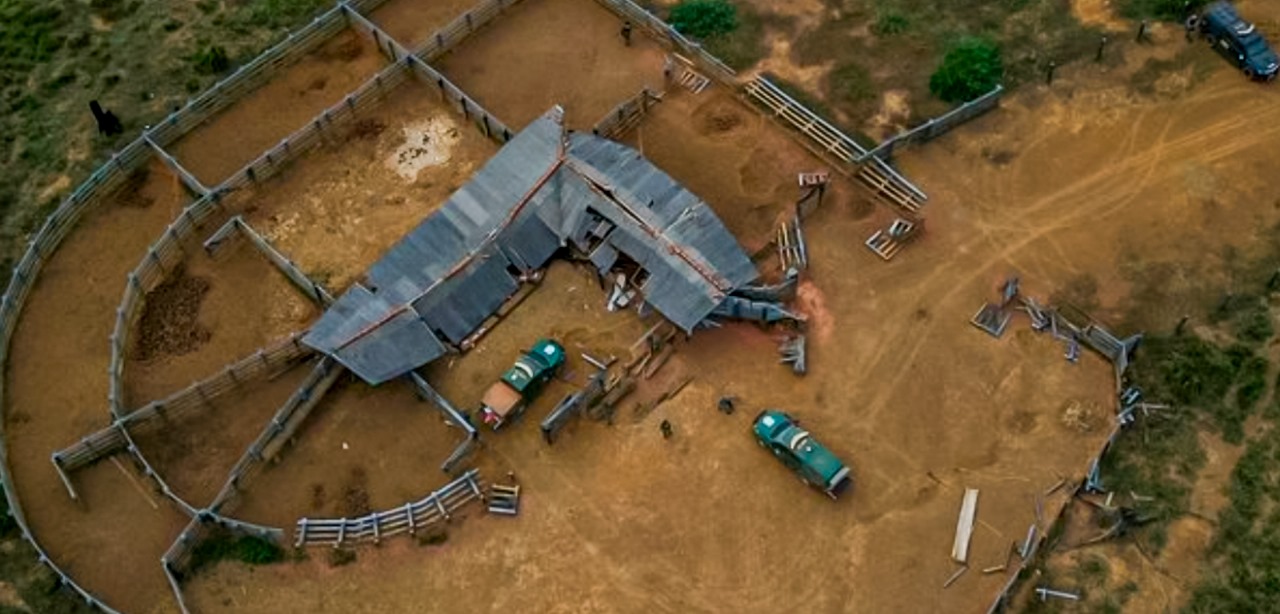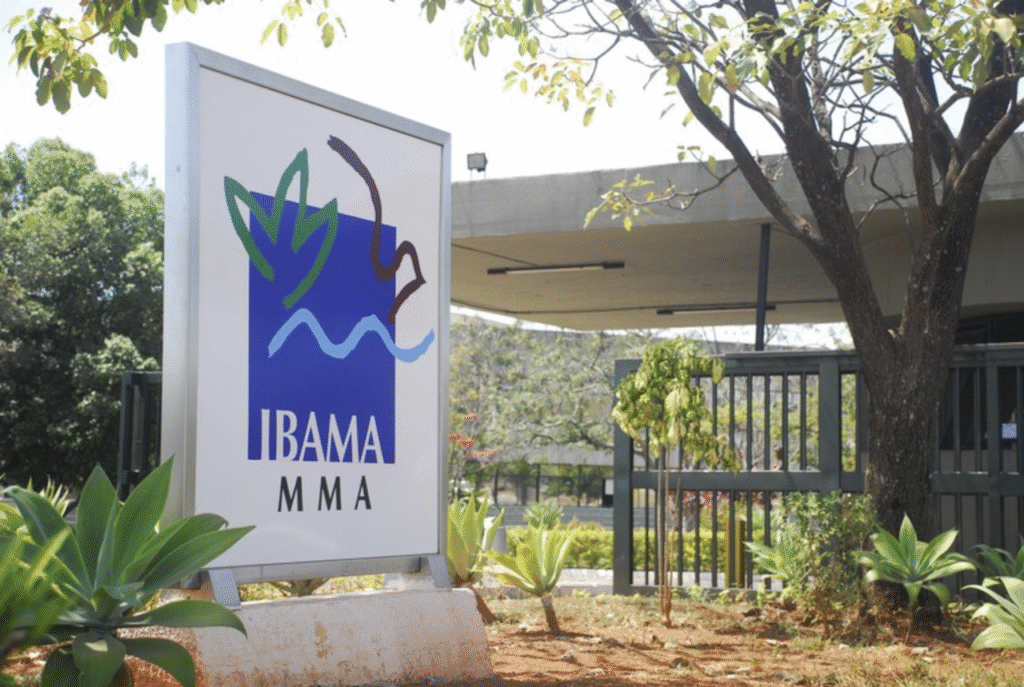Environmental agency releases results of operation in Amazonas; fines reach R$173 million
14 de July de 2025

By Ana Cláudia Leocádio – From Cenarium
BRASÍLIA (DF) – The Brazilian Institute of the Environment and Renewable Natural Resources (Ibama) released on Thursday, July 10, the results of a deforestation control operation in southern Amazonas, in the municipality of Apuí, which led to the imposition of R$173 million in fines. The operation also identified the actions of major deforesters acquiring plots of land within agrarian reform settlements in the region, distorting the program’s original purpose.
The enforcement operation in the southern part of the state prompted mayors and local representatives to travel to Brasília last week. Accompanied by members of the Amazonas congressional caucus, they met with Minister of Institutional Relations, Gleisi Hoffmann, to denounce alleged abuses by Ibama inspectors. They delivered a letter with seven proposals to address the issues and requested a federal land regularization initiative.
According to Ibama, inspectors issued 87 notices of violation, embargoed about 27,000 hectares, and identified a deforested area equivalent to 26,000 soccer fields. The federal enforcement agency emphasized that the operation aimed to “crack down on environmental violations linked to the invasion and illegal appropriation of public lands, focusing on targets of illegal deforestation in areas connected to settlement projects, which have ranked among the most deforested areas of the biome in recent years.”

According to the agency, the inspections took place in agrarian reform settlement areas. Agents found inconsistencies in the data on land occupants, including individuals who do not meet the criteria to benefit from agrarian reform. These settlements fall under the responsibility of the National Institute for Colonization and Agrarian Reform (Incra).
In addition to fines and violation notices, Ibama reported that corrals, fences, and other structures supporting illegal agricultural activity were destroyed during the operation. Equipment used in environmental crimes was also seized.
“Inspectors also found that major deforesters have been acquiring multiple lots from settlers in order to concentrate land and form large estates, clearly deviating from the settlement program’s intent. The information collected will be forwarded to the Federal Prosecutor’s Office for investigation and appropriate legal action,” Ibama stated.
Those fined were charged under the Environmental Crimes Law (Law No. 9.605/1998), which establishes penalties of six months to one year of detention, in addition to fines, for violations such as disobeying embargo orders and preventing the natural regeneration of specially protected areas. “The violators were also ordered to remove livestock and all remaining structures from the embargoed areas,” Ibama emphasized.
Governor seeks solutions
On Tuesday, July 8, Amazonas governor Wilson Lima held meetings in Brasília with the president of Incra, César Fernando Schiavon Aldrigh, to propose a technical cooperation agreement with the federal agency aimed at promoting land regularization in southern Amazonas—a region with the state’s highest deforestation rates and widespread land grabbing, particularly in agrarian reform settlements. According to the governor, it is essential to “separate the wheat from the chaff” and avoid penalizing those who operate legally.

Lima also met with Environment and Climate Change Minister Marina Silva, her executive secretary João Paulo Capobianco, the Special Secretary for Deforestation Control and Territorial Environmental Management, André Lima, and other officials to request information on the operation and propose solutions.
After the meeting, the governor said he had made an appeal to expedite the lifting of embargoes and reported that a joint effort between the State of Amazonas and Ibama had been agreed upon to review rural environmental registries and environmental licenses. “Ibama’s president committed to speeding up the process so these areas can be released,” he said.
MMA Secretary André Lima stated that there were no abuses by Ibama during the operation in Apuí, and that enforcement would only cease if deforestation stops. According to him, the operations focused on large deforested areas—between 2,000 and 14,000 hectares—which are far from being considered small-scale farms and are located within collective legal reserves of the settlements, where agricultural activity is prohibited.
Apuí is the epicenter of deforestation

According to Ibama, the municipality of Apuí has emerged as one of the epicenters of deforestation in the Amazon over the past six months, topping the alert rankings in the state of Amazonas and contributing significantly to regional destruction.
The agency highlighted data from the Deter system, run by the National Institute for Space Research (Inpe), showing a concerning scenario. In 2025 alone, 479 alerts have been recorded in the municipality, resulting in the destruction of approximately 19,000 hectares of forest—an area equivalent to 26,000 soccer fields.

